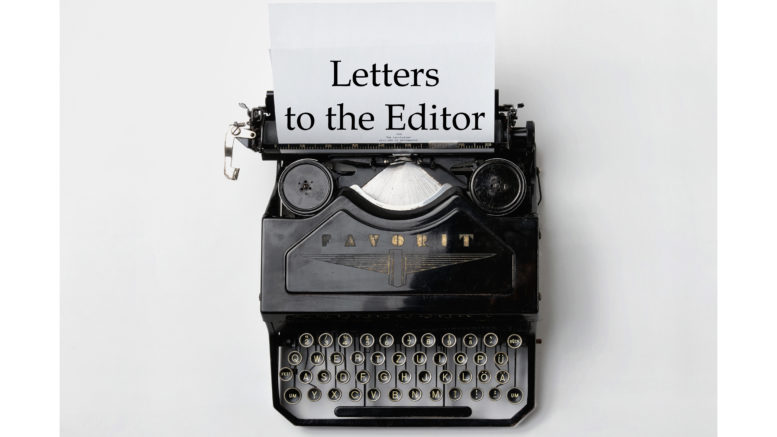Letters to the Editor do not reflect the opinions of The Reporter, its publisher or its staff. You can submit your own Letter to the Editor by email to News@ReadTheReporter.com. Please include your phone number and city of residence. The Reporter will publish one letter per person per week.
Dear Editor:
The weather event of Sunday, June 25 was but one perfect illustration to show why the decision to censor and encrypt dispatch traffic is a very poor decision. Getting real-time information on severe weather, its location and potential path potentially saved lives and put people out of harm’s way not only on Sunday, but in previous storms as well.
Listening to the scanner is the fastest way to get information that could be a matter of life or death. The same can be said about getting information about traffic accidents, which gives drivers a heads up on taking an alternate route.
Several months ago, there was a fire at the power plant in Clare, and scanner traffic provided answers as to why there was a power outage and this made for fewer calls to Duke Energy, which in turn had more resources to resolve the situation. Conversely, civilians who hear a broadcast such as a BOLO or a description of a suspect being actively pursued more often than not assist law enforcement with their observations.
With newspapers now becoming a thing of the past and other local media not having the resources to properly cover local news, scanner traffic is becoming the only way citizens know what is actually going on.
These are but a small collection of examples of the value of unencrypted dispatch traffic.
The willful misinterpretation of the recent law regarding privacy is beyond shameful. First of all, dispatch information is public record. The law wants to ensure sensitive information, such as full Social Security numbers and names of minors, are not being broadcast. In the first place, the professionals on the street are not doing this. Second, any sensitive traffic is routed through the already encrypted tactical channels or through the mobile data terminals in each vehicle.
We get it; not everything is for public consumption, but basic dispatch information is. The sheriff and other officials talk about transparency, yet this move cloaks their operations. This move more than raises the question: what ARE they hiding?
It is a shame an unelected official can make a decision to violate the spirit of this law and throttle public information. There is no valid reason to do this. This decision needs to be overturned.
Sue Wilden
Noblesville

